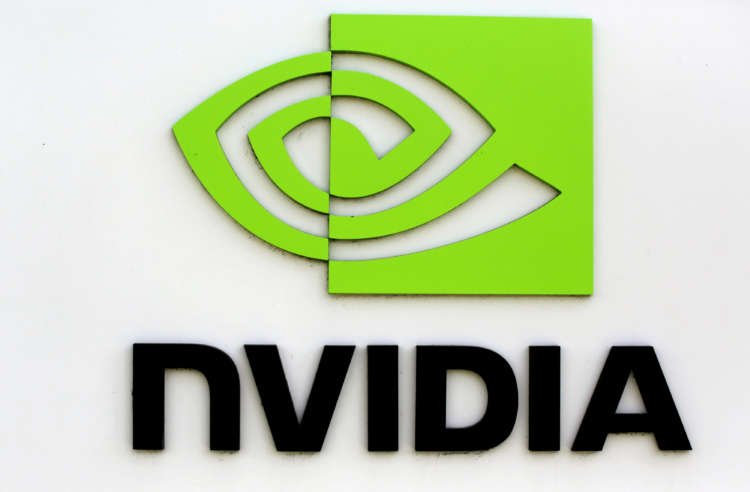Business
Nvidia to directly challenge Intel with Arm-based ‘Grace’ server chip
Published by linker 5
Posted on April 12, 2021
1 min readLast updated: January 21, 2026

Published by linker 5
Posted on April 12, 2021
1 min readLast updated: January 21, 2026

Explore more articles in the Business category











